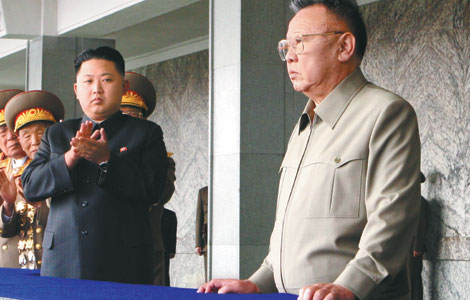Syria allows in Arab observers
Updated: 2011-12-20 09:58
(Xinhua)
|
|||||||||||
DAMASCUS - Syria has finally agreed to allow Arab observers into its territories to monitor the unrest, in a bid to avoid internationalizing the country's crisis amid cutting remarks from broad-based opposition that dismissed Damascus' move as "mere prevarication."
Syrian Foreign Minister Walid al-Moallem announced Monday that Syria has signed the long-debated protocol on an Arab observer mission in Egypt's capital Cairo, just a couple of days after the 22-member League gave Syria until Wednesday to sign the protocol, otherwise the AL would turn to the United Nations Security Council for action.
Al-Moallem said that had the amendments suggested by Syria not been agreed upon, the protocol wouldn't have been signed.
The amendments included preserving national sovereignty and agreeing that the observers' mission should be conducted with full coordination with Syrian government.
Also among the amendments is that the duration of the observers ' mission will be just one month and it can be extended to another month upon a prior agreement by the two sides, and that the Syrian government would be briefed, in conjunction with the AL, on the mission's reports.
The protocol provides for implementing the first item of the Arab work plan, Al-Moallem said.
The AL plan calls for Syria to halt its crackdown, hold talks with the opposition and allow in Arab observers to ensure compliance with the deal. It does not call for foreign military intervention, as in Libya.
The AL recently suspended Syria's membership and imposed economic sanctions, but has been divided over whether to seek help from wider international community beyond the Arab world.
Earlier in the day, the private Al-Watan daily said that Damascus has decided to sign the protocol "to prevent some well- known Arab countries from internationalizing the Syrian crisis and making preparations for anti-Syria military action."
Meanwhile, Russia welcomed Syria's latest move and expressed support of the AL's initiative in a statement issued by Russia's Foreign Ministry.
The Russian statement called for ceasing violence in Syria and solving problems through national dialogue by Syrian people themselves, with no foreign interference.
In Cairo, AL Secretary General Nabil al-Arabi told reporters that the signing of the protocol does not mean an immediate suspension of sanctions imposed against Syria due to its earlier refusal to the observer mission.
He said the protocol is not the end, but a mechanism to monitor the implementation of a peace initiative that Syria had earlier agreed on.
Whether to suspend sanctions is up to an AL ministerial meeting initially stated for Wednesday but has been delayed, according to Arabi.
At Monday's press conference, al-Moallem stressed that Syria will no longer ask for lifting economic sanctions imposed on Syria. "If they think that their economic sanctions would affect Syrian people, they are deluding themselves ... We will not beg anyone."
The AL chief said the mission's first delegation is set to head for Syria in the coming two or three days and will be led by Assistant Secretary General of the AL Samir Saif al-Yazal.
The mission will comprise representatives of Arab organizations, NGOs and some other institutions of Arab countries. Each delegation will have 10 or more people assigned to different places in Syria. About 100 observers are suggested for the month- long mission but the number has not been finalized.
Al-Moallem, however, noted that coordination between the observers' mission and Syrian government will be through a national committee which will be formed soon as the link between the two sides. He made it clear that observers will be allowed to visit hot areas but not sensitive military sites.
As for Syrian opposition's response to the deal, the AL chief said the protocol aims to protect Syrian people and the opposition should be glad for this, adding that the opposition will propose some ideas about the expected meeting for all groups to participate under the AL frame.
According to the local Day Press (DP) news website, Burhan Ghalioun, the leader of the broad-based Syrian National Council (SNC), dismissed Damascus' acceptance to the observer mission as " mere prevarication," calling for foreign military intervention in Syria to "protect civilians."
On the sidelines of his meeting in Tunisia, Ghalioun on Monday accused the AL of "allowing the Syrian regime to evade its responsibilities," calling on the pan-Arab body to "take tougher stances."
Ghalioun defended the armed men in Syria, whom the government blames for months-long unrest, and said that they are defending themselves against the regime's repression.
"Of course there is violence, but we reject to put the two sides on the par ... there is violence and there is self-defense against violence," he said.
The fledgling Turkey-based SNC has repeatedly called for foreign intervention under the pretext of protecting civilians. They also offered concessions to Western powers in order to assume power in Syria.
Ghalyoun recently told the Wall Street Journal that his council will "cut Syria's relations with Iran, the Lebanese Hezbollah and the Islamic Hamas movement" once it assumes power in Syria. Damascus has repeatedly said that its relations with Iran, Hezbollah and Hamas are the main reasons behind the West's adamant stance against it.
Also, The SNC has called on Turkey and other Western backers to impose a buffer zone along Syria's borders to create a Benghazi- like area to harbor alleged army defectors who call themselves the Syrian Free Army (SFA), which have claimed responsibility of many attacks against governmental establishments and army bases.
The Syrian opposition at home, unlike the opposition abroad, categorically reject any foreign intervention scenario, as they are trying to find peaceful solutions to preserve their country's sovereignty.
Syrian President Bashar al-Assad recently warned that foreign intervention in his country would "cause a temblor that could burn the entire Middle East," and warned that "If the West plan is to divide Syria, it would drag to divide the whole region."
Hot Topics
HIV/AIDS, Egypt protest, Thanksgiving, climate change, global economic recovery, home prices, high-speed railways, school bus safety, Libya situation, Weekly photos
Editor's Picks
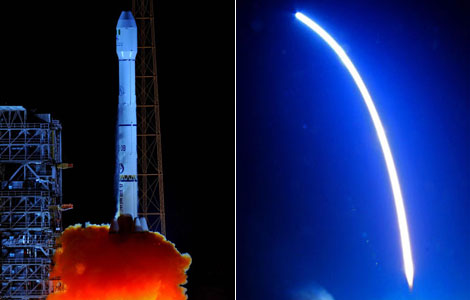
|
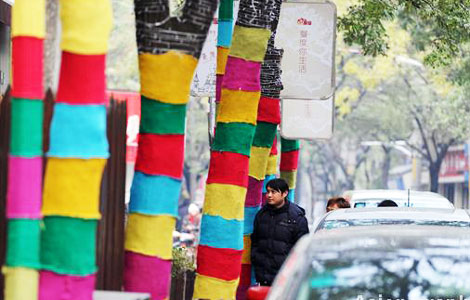
|
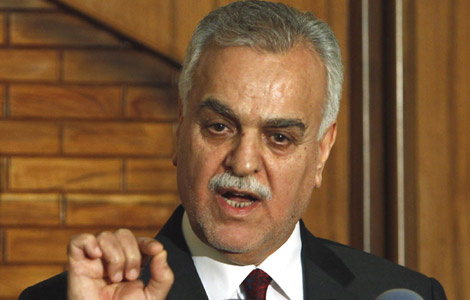
|
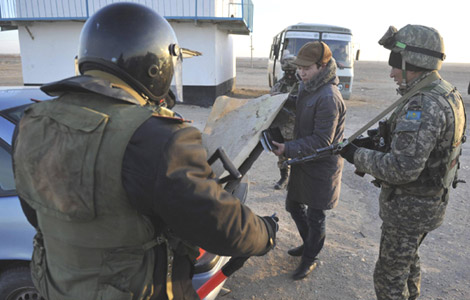
|

|

|




